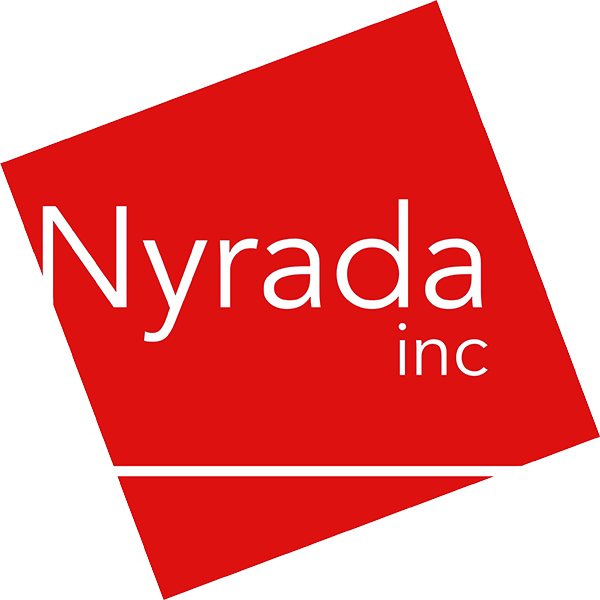Technical Glossary
ASCVD: Atherosclerotic cardiovascular disease
Atherosclerosis: The build-up of cholesterol plaque on the artery wall
Blood-Brain-Barrier (BBB) : The BBB is a protective barrier between the components of the blood and the cells that form the brain tissue, keeping infection at bay in the healthy brain.
Cardiovascular disease: Refers to conditions that involve narrowed or blocked blood vessels that can lead to a heart attack, chest pain (angina) or stroke
CNS: Central nervous system
Core infarct area: The primary area of damage in the brain from stroke or TBI
CVD: Cardiovascular disease
Excitotoxicity: The pathological process by which nerve cells are damaged or killed by excessive stimulation by neurotransmitters such as glutamate and similar substances
HDL-cholesterol: High-density lipoprotein cholesterol. Moderates cholesterol levels in the body
HMG-CoA reductase: 3-hydroxy-3-methyl-glutaryl-coenzyme A reductase
Inflammatory cascade: A highly coordinated network of immune cells that respond to perceived harmful stimuli
Ischaemic stroke: The most common type. It is usually caused by a blood clot that blocks or plugs a blood vessel in the brain
LDL: Low density lipoprotein, which are combinations of fats (lipids) and proteins, are the form in which lipids are transported in the blood
LDL-cholesterol: Low density lipoprotein cholesterol, commonly referred to as “bad” cholesterol. Elevated LDL-cholesterol levels are associated with an increased risk of cardiovascular disease
Monoclonal antibodies (mAb): A type of protein made in the laboratory that can bind to specified substances in the body. A monoclonal antibody is made so that it binds to only one substance.
Neuroinflammation: Inflammation of the nervous tissue. It may be initiated in response to a variety of cues, including infection, traumatic brain injury, toxic metabolites or autoimmunity
Neuroprotectant: Development of a drug to protect the brain from glutamate mediated excitotoxicity
PCSK9: Proprotein convertase subtilisin/kexin type 9, a type of protein that prevents LDL-cholesterol from recycling in the liver
PCSK9 inhibitor: A class of drug that inhibits the expression of the PCSK9 protein
Penumbra zone: Areas of the brain that are damaged (by stroke or TBI) but not yet dead, and offer promise to rescue the brain tissue with the appropriate therapies
Preclinical: A stage of research that begins before clinical trials (testing in humans) can begin
R&D: Research and Development. Forms part of the pre-clinical stage.
Statin drugs: A class of drug that can reduce cholesterol levels
Stroke: The burst, rupture or clotting (block) of a blood vessel that carries oxygen and nutrients to the brain
Traumatic brain injury (TBI): A nondegenerative, noncongenital insult to the brain resulting from an external mechanical force that can lead to permanent or temporary impairment of cognitive, physical and psychological functions.




